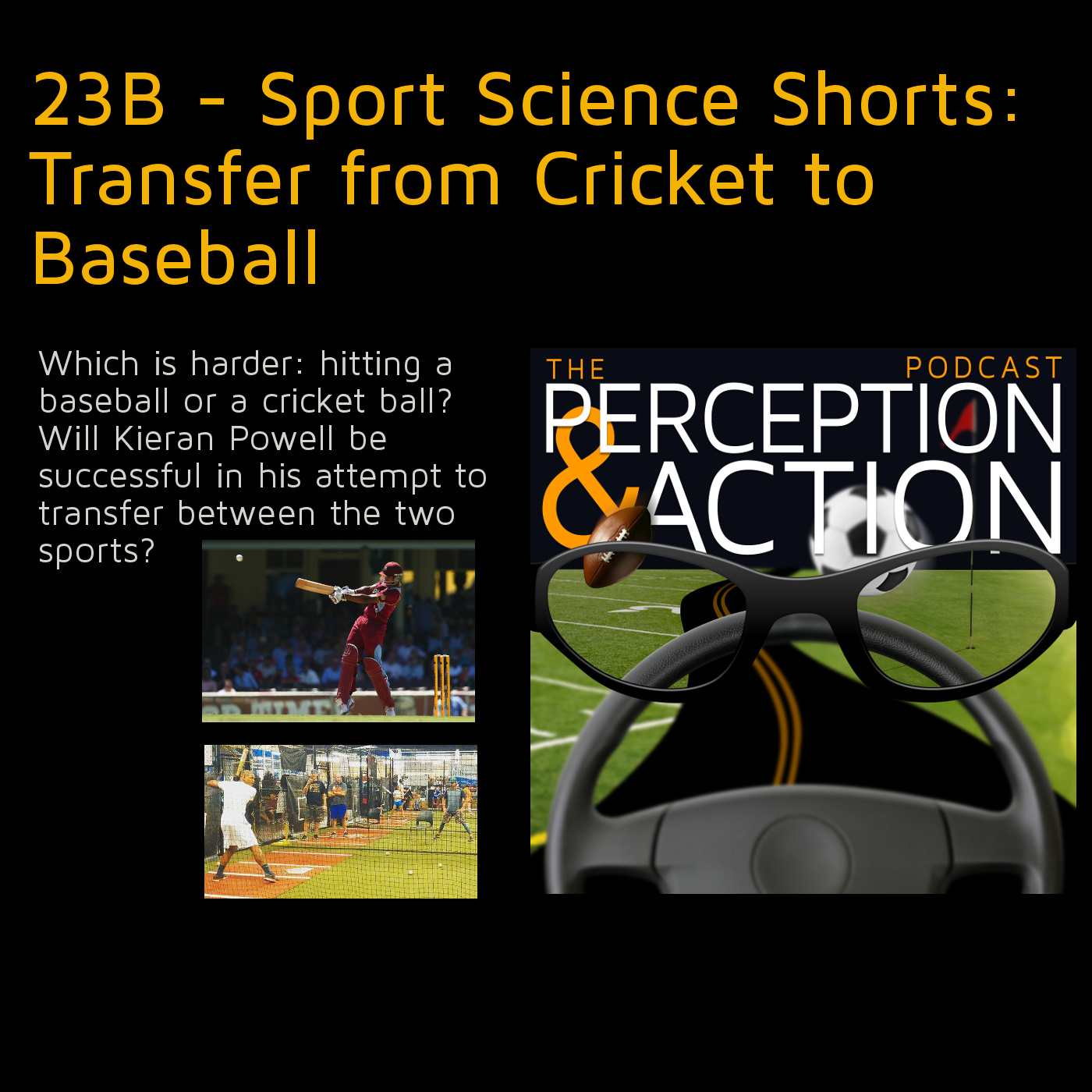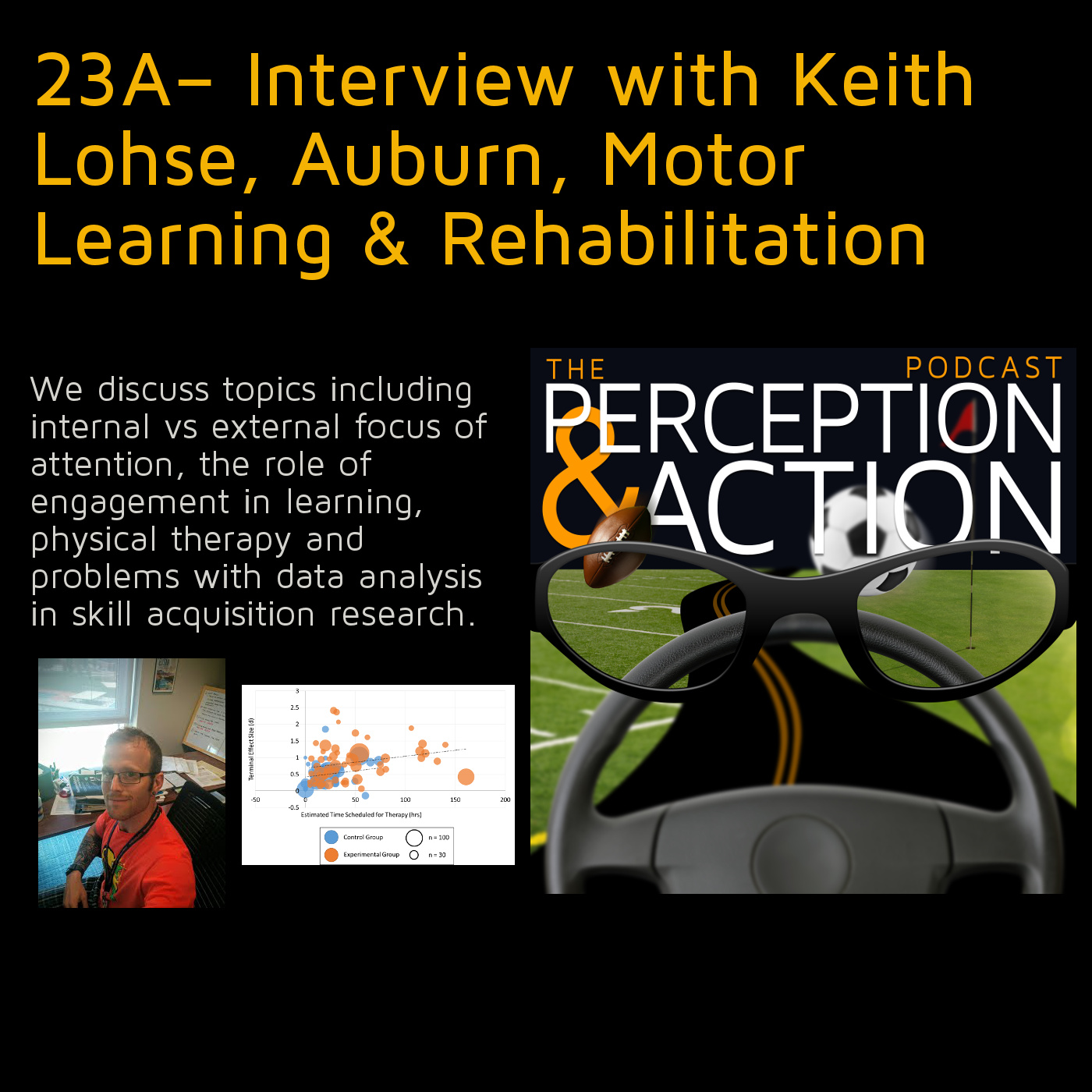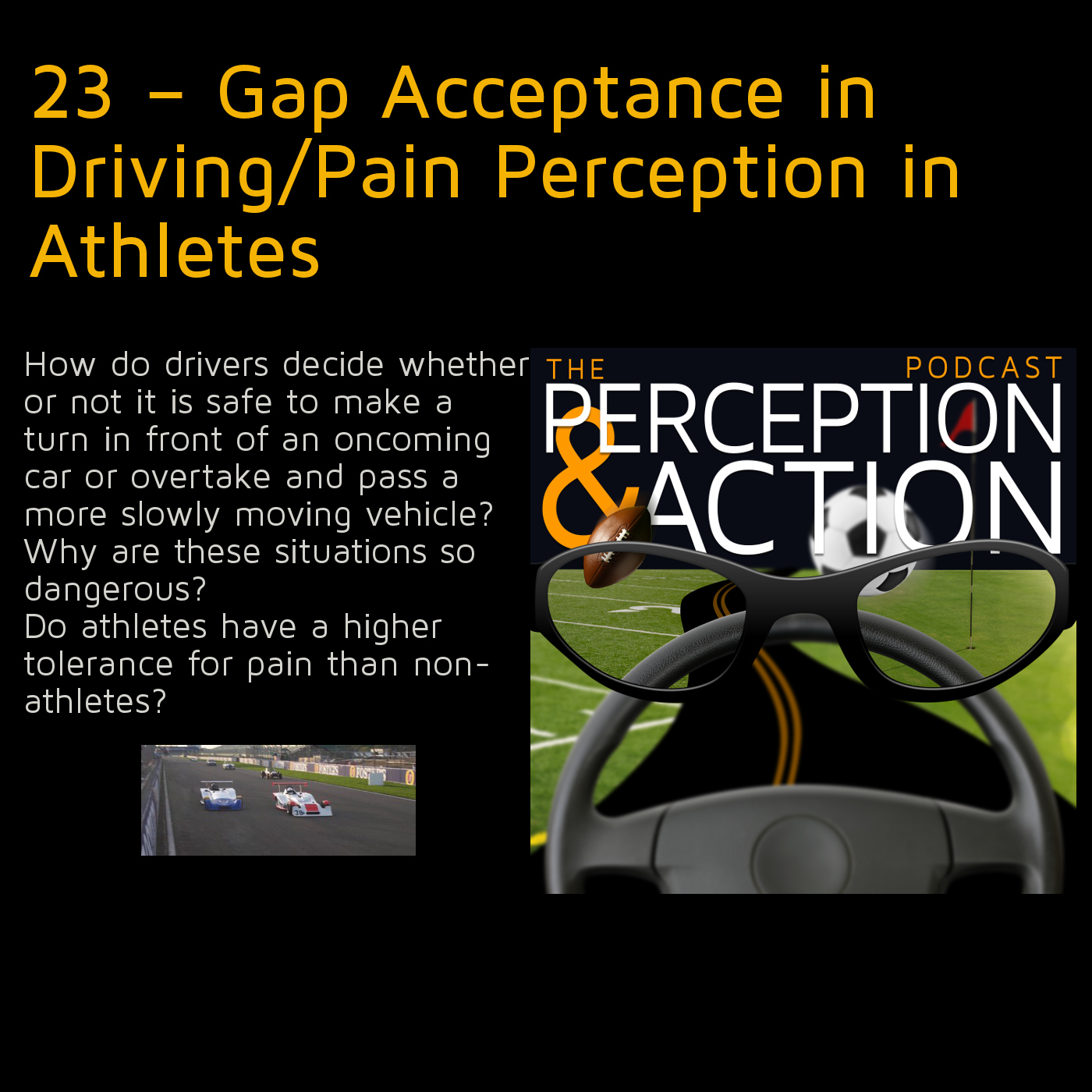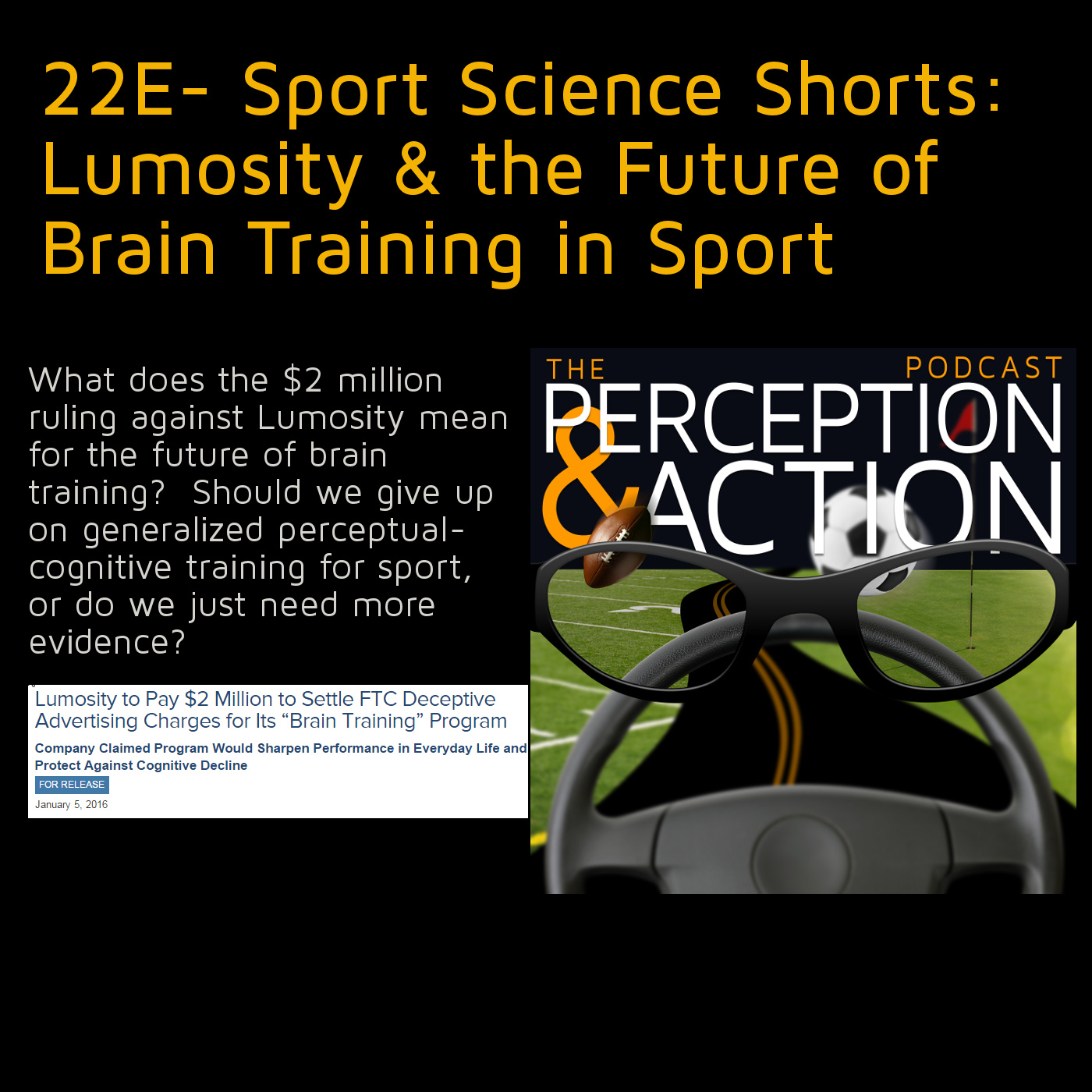24A– Interview with Natasha Merat, ITS, University of Leeds
24A A discussion with Natasha Merat, Associate Professor in the Institute for Transport Studies at The University of Leeds. We discuss topics including detecting driving distraction, the effects of fatigue on driving and how to keep a driver in the loop with an automated vehicle. Download link More information about my guest: http://www.its.leeds.ac.uk/people/n.merat https://www.linkedin.com/in/natasha-merat-879b7844 https://twitter.com/NatashaMerat…
Read More









